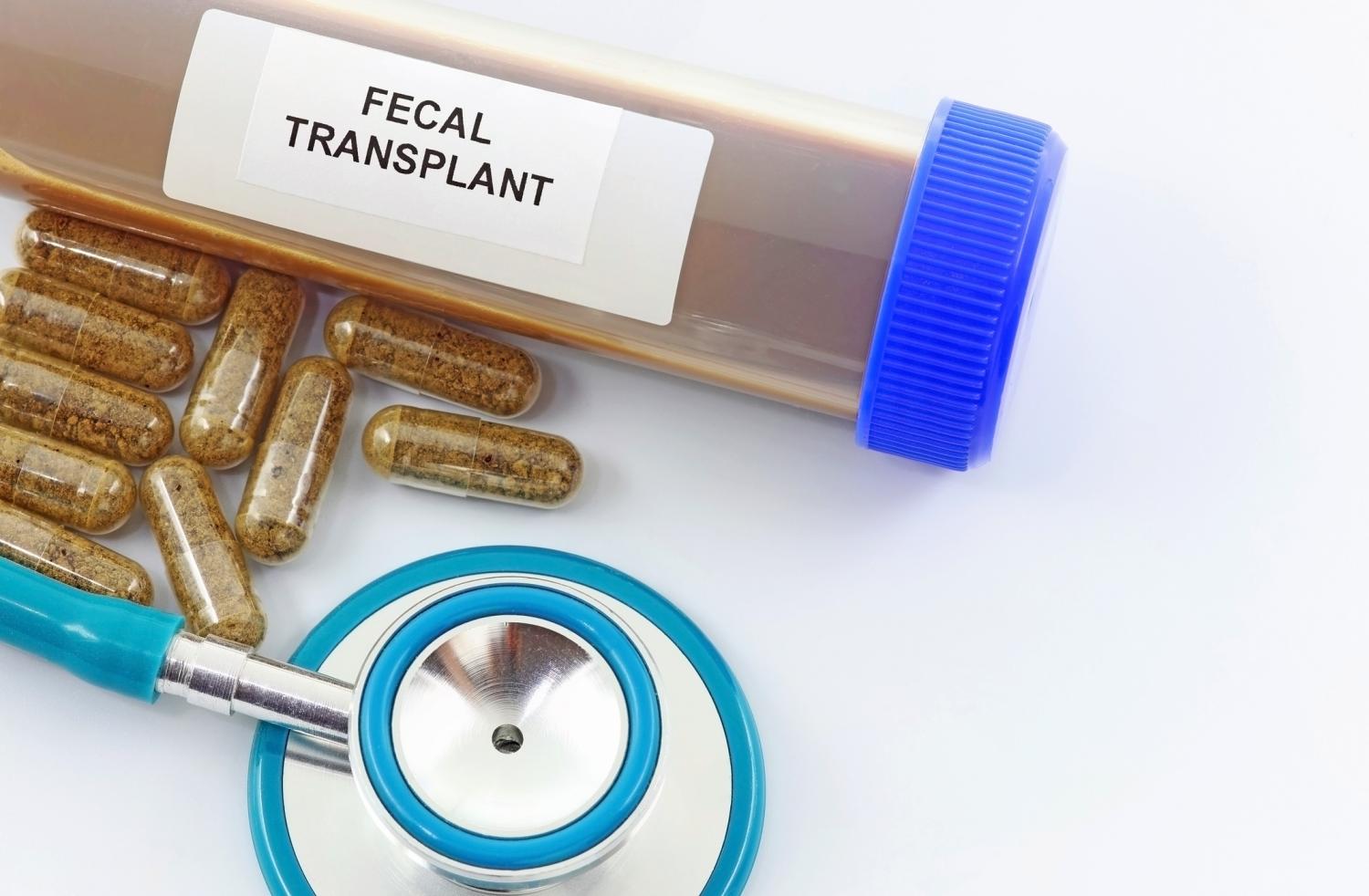
A small, non-randomized pilot clinical trial found that fecal microbiota transplantation (FMT) was well-tolerated in long-term acute care hospital (LTACH) patients colonized with multidrug-resistant organism (MDROs), researchers reported today in JAMA Network Open.
For the trial, which was conducted from April to December 2023 at an LTACH in the southeastern United States, a team led by researchers from Emory University enrolled 42 patients with MDRO colonization, with 10 selected to receive FMT via gastrostomy or enema and 32 in the control group. LTACH populations have a high prevalence of MDRO colonization, which can put them at increased risk of MDRO infection, and investigators wanted to see if FMT might be a safe way to help reduce intestinal MDRO colonization.
The primary outcome was the frequency and severity of adverse events. The secondary outcome was the proportion of participants with positive perirectal or stool culture results at week 2 and 4 after FMT.
No serious adverse events attributed to FMT
No serious adverse events were attributed to FMT, and post-FMT solicited adverse were mild. All perirectal cultures from FMT recipients grew at least one MDRO at days 14 and 28. Although post hoc analyses found that fewer FMT recipients had positive blood culture results and pathogen intestinal dominance compared with controls in the 6 months after prevalence survey, and that FMT recipients had numerically fewer days of antibiotic therapy per 1000 patient-days than controls, these differences were not statistically significant.
The study authors say that while the effect on MDRO decolonization observed in the trial was smaller than found in previous studies, the findings suggest FMT warrants further investigation for infection prevention.
"Although a small cohort was studied, these findings suggest that microbiota therapies, particularly with improved formulations that are easier to administer and acceptable to patients, could have potential for preventive treatment for patients at high risk of infection or transmission," they wrote. "This approach could be especially important for LTACHs and other health care facilities that care for patients with a high prevalence of intestinal MDRO colonization for which there are no currently available FDA-approved therapies."
















